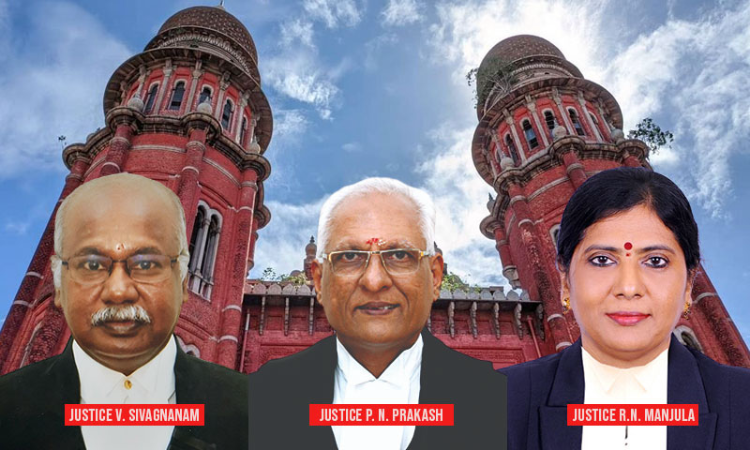The Madras High Court has expressed concern about the difficulties which will be caused by sending all cases involving scheduled offences under the National Investigation Agency Act to the 'Special Courts' notified under the NIA Act.Since Explosive Substances Act is also a schedueld offence under the NIA Act, every case involving the offences under the Explosive Substances Act will have to go...

